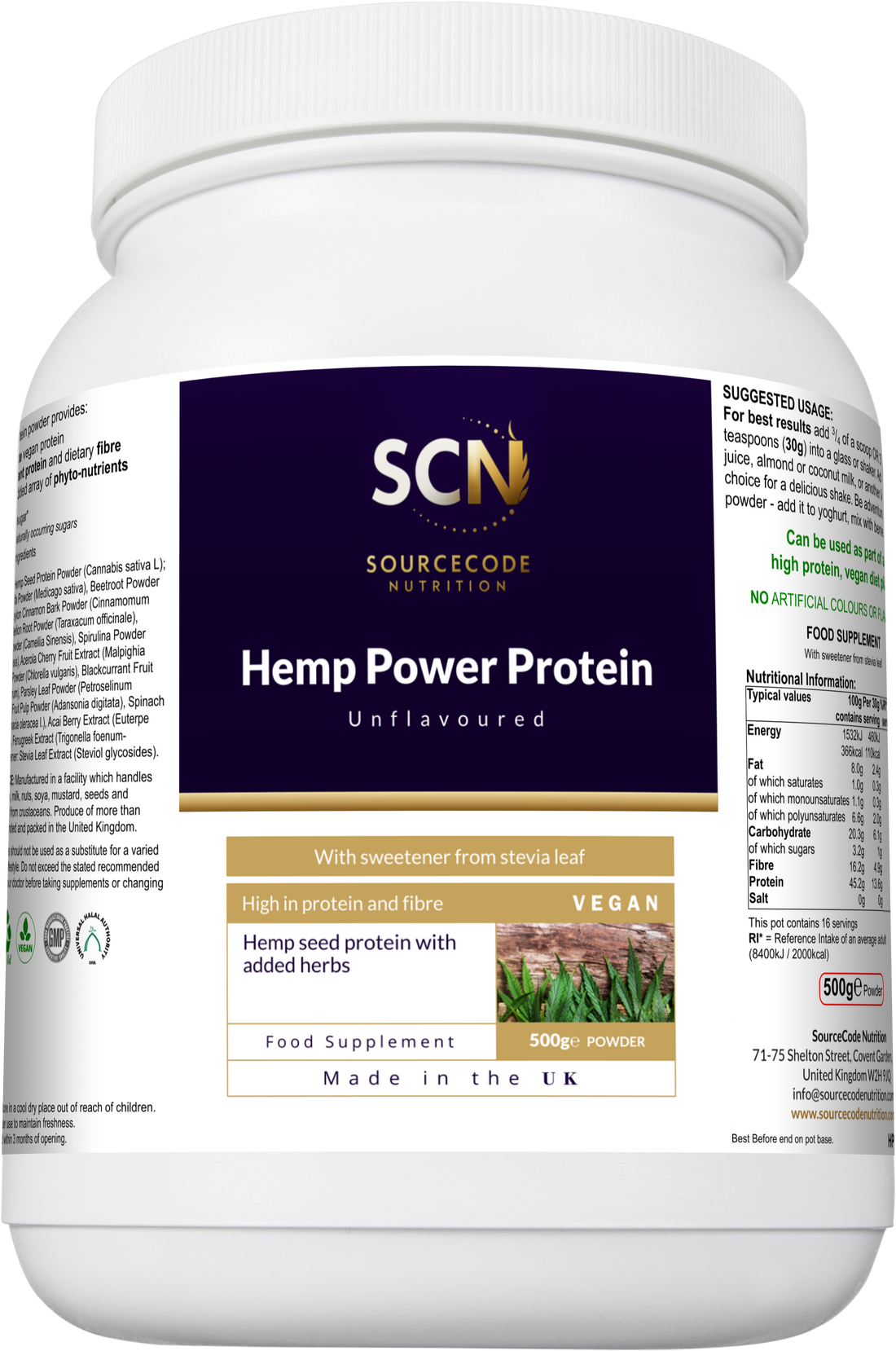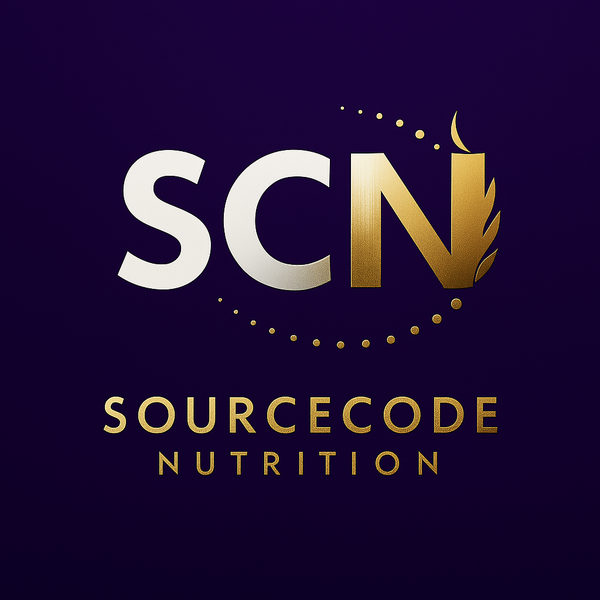
Plant-Based vs Whey Protein: Which One Is Right for You?
Share
The protein powder aisle has become a battleground of options. On one side stands the traditional champion—whey protein, with its decades of research and athletic endorsements. On the other, the rapidly growing contender—plant-based protein, with promises of sustainability and digestive comfort.
But which truly deserves a place in your shaker bottle? The answer isn't as straightforward as many would have you believe.
Beyond the Marketing: Understanding Protein Fundamentals
Before diving into the whey versus plant debate, let's establish what makes a protein supplement truly effective:
Complete amino acid profile: Proteins are made of amino acids—nine of which are essential, meaning your body can't produce them. A complete protein contains all nine in adequate proportions.
Bioavailability: This measures how efficiently your body can absorb and utilize the protein. Higher bioavailability means more of what you consume actually benefits your muscles.
Digestibility: Even the highest-quality protein is worthless if your system struggles to break it down.
With these criteria in mind, let's examine how each option truly performs.
Whey Protein: The Science-Backed Standard
Derived from milk during the cheese-making process, whey has long been the gold standard for protein supplementation.
The Strengths
Amino acid profile: Whey is a complete protein with high levels of leucine—the amino acid that directly triggers muscle protein synthesis.
Absorption rate: Whey protein isolate is rapidly absorbed, making it ideal for the crucial post-workout window when your muscles are primed for nutrient uptake.
Research backing: With decades of studies supporting its efficacy, whey has unmatched scientific credentials for muscle growth and recovery.
A meta-analysis published in the Journal of the International Society of Sports Nutrition examined 22 studies and found whey protein supplementation significantly enhanced lean mass gains and strength improvements when combined with resistance training.
The Considerations
Digestive comfort: Contains lactose and dairy proteins that can cause discomfort for some individuals.
Sustainability concerns: Dairy production has a higher environmental footprint compared to most plant sources.
Hormonal considerations: As an animal product, conventional whey may contain trace hormones depending on sourcing and processing methods.
Plant-Based Protein: The Evolving Alternative
Plant proteins have evolved dramatically from the gritty, unpalatable powders of the past. Today's formulations combine multiple plant sources to create truly competitive options.
The Strengths
Digestive comfort: Generally easier on the digestive system, particularly for those with dairy sensitivities.
Allergen-friendly: Free from common allergens like dairy, making them accessible to more people.
Environmental impact: Plant proteins typically require fewer resources to produce, with pea protein generating approximately 4x less carbon emissions than whey.
Additional nutrients: Often contain fiber, antioxidants, and other phytonutrients not found in whey.
The Considerations
Amino acid balancing: Single plant sources often have imbalanced amino acid profiles, though modern blends combine multiple sources to address this.
Texture and taste: While significantly improved, some find the texture and flavor less appealing than whey.
Processing methods: Some plant proteins undergo extensive processing with solvents that may diminish their "natural" advantage.
The Performance Question: Can Plants Compete?
The most pressing question for many: can plant proteins deliver the same results as whey?
Recent research suggests the gap is closing. A 2019 study published in Sports Medicine compared the effects of plant and animal proteins on body composition and found that when matched for leucine content and total protein, plant-based proteins produced comparable results in building and maintaining muscle mass.
The key appears to be in the formulation—not all plant proteins are created equal. Premium plant proteins now feature:
- Strategic blends of multiple plant sources to create complete amino acid profiles
- Added leucine to match or exceed whey's muscle-building trigger
- Improved processing techniques that enhance digestibility and bioavailability
- Enzyme additions that help break down anti-nutrients found in some plant sources
Beyond Macros: The Bigger Picture
Protein selection extends beyond simple macronutrient counts. Consider these additional factors:
Digestive wellness: If whey causes bloating or discomfort, even its superior amino acid profile becomes irrelevant if your body is fighting to process it.
Lifestyle alignment: Your protein choice should complement your broader nutritional philosophy and ethical considerations.
Hormonal sensitivity: Some individuals may be more sensitive to hormonal fluctuations that can be influenced by animal-derived products.
Sustainability values: The environmental impact of your protein choice may be a significant factor in your decision.
Finding Your Perfect Match: A Personalized Approach
Rather than declaring an absolute winner, consider these scenarios:
Whey protein may be ideal if:
- You have no dairy sensitivities or ethical concerns about animal products
- Maximum leucine content and rapid absorption are your primary goals
- You're looking for the most research-backed option for muscle building
- Cost-efficiency is important (whey typically delivers more protein per pound)
Plant protein may be ideal if:
- You experience digestive discomfort with dairy products
- You follow a vegan or predominantly plant-based diet
- Environmental impact is a priority in your purchasing decisions
- You prefer products with additional phytonutrients and fiber
The Hybrid Approach: Best of Both Worlds
Increasingly, nutrition experts are recommending a hybrid approach—using different proteins strategically:
- Whey protein isolate immediately post-workout for rapid absorption
- Plant protein as part of meal replacements or evening shakes for sustained release
- Rotating sources to ensure diverse amino acid intake and reduce risk of developing sensitivities
Quality Matters: What to Look For
Regardless of which protein path you choose, quality indicators remain consistent:
For whey protein:
- Look for whey isolate or hydrolysate for reduced lactose content
- Seek products from grass-fed sources when possible
- Avoid artificial sweeteners and unnecessary fillers
- Check for third-party testing for heavy metals and contaminants
For plant protein:
- Prioritize blends with multiple protein sources (pea, rice, hemp, etc.)
- Look for added enzymes to improve digestibility
- Check the complete amino acid profile, particularly leucine content
- Verify processing methods (cold-processing is generally preferred)
The SourceCode Approach to Protein
At SourceCode Nutrition, we recognize that the protein debate isn't about declaring a universal winner—it's about matching the right protein to your unique physiology and goals.
Our approach focuses on:
- Maximum bioavailability through strategic formulation
- Transparent sourcing and clean processing
- Complete amino acid profiles regardless of source
- Digestive comfort without compromising effectiveness
Whether you choose our premium whey isolate or our comprehensive plant protein blend, you're getting a product designed to deliver results—not just marketing promises.
The Bottom Line
The best protein for you isn't determined by trends or blanket recommendations—it's the one that aligns with your body's needs, your performance goals, and your broader values.
By understanding the true strengths and considerations of each option, you can make an informed choice that supports not just your physique, but your overall wellbeing and lifestyle.
The protein powder you choose is more than just a supplement—it's a daily investment in your health. Choose wisely
